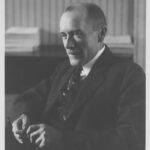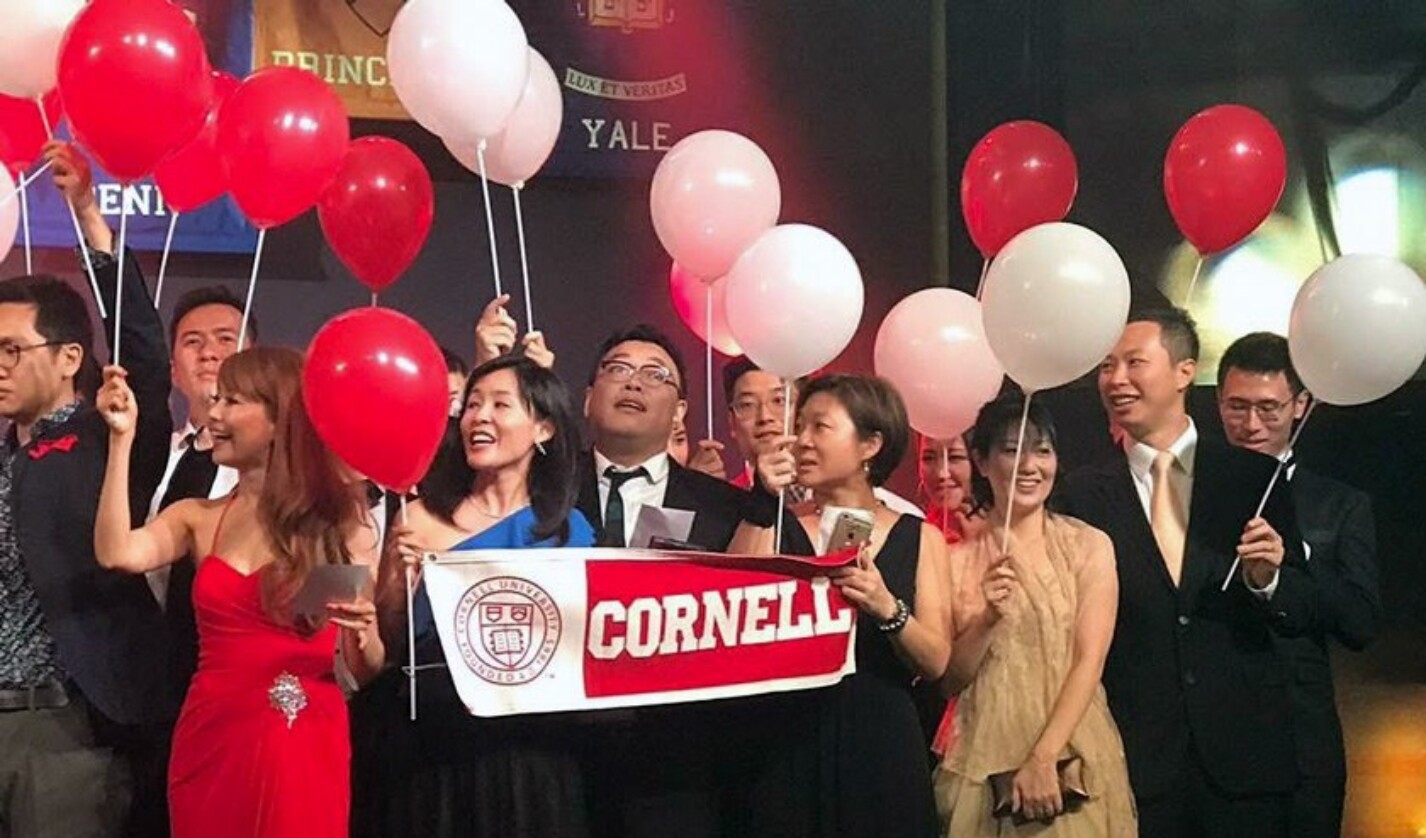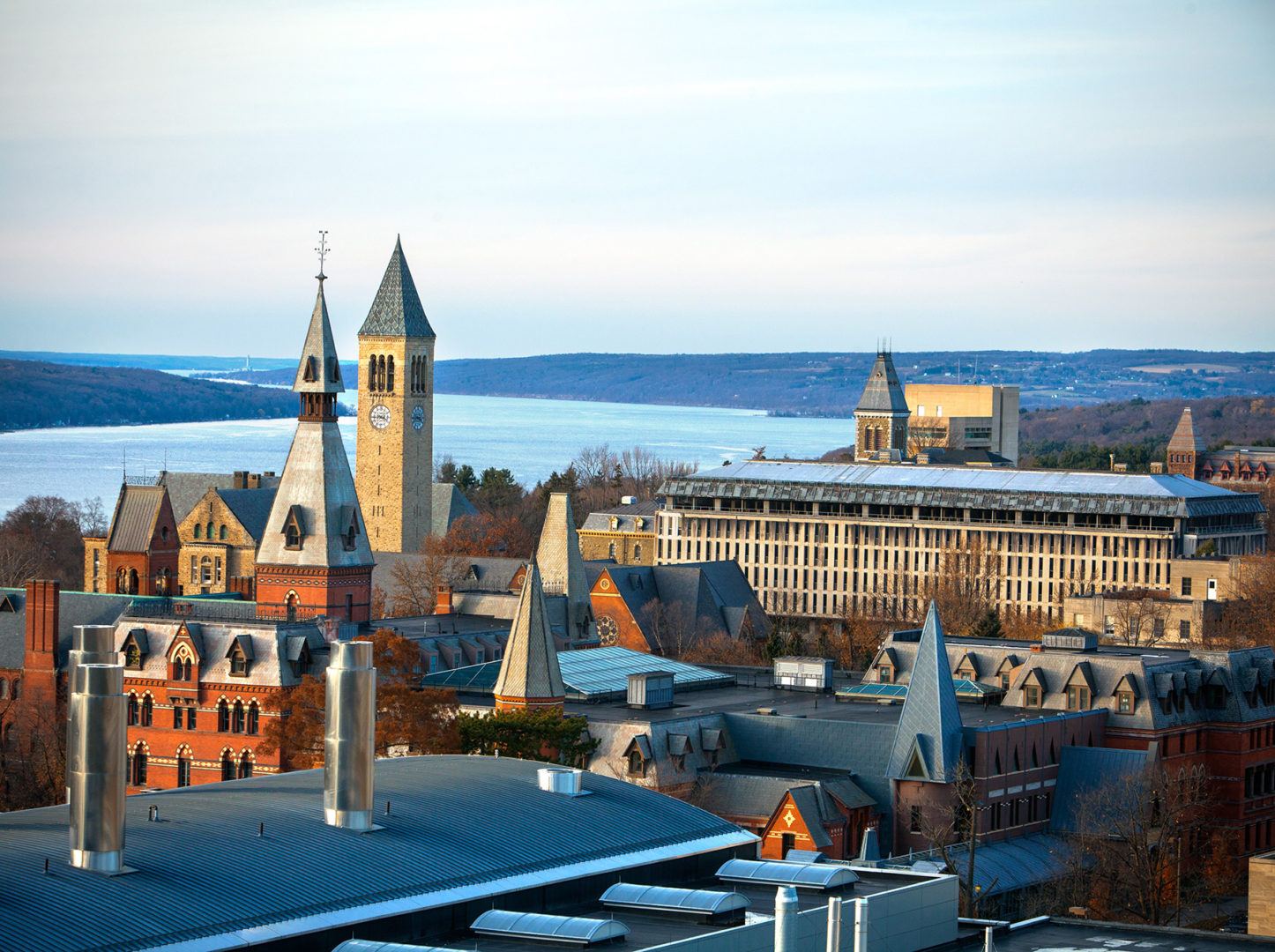John McMullen never attended Cornell—or any university, for that matter. But when he died in 1921, the dredging magnate left the bulk of his estate to fund engineering scholarships. Over the past 100 years, more than 4,000 Cornellians have benefited from his gift.
It started from this one gift and now is the largest scholarship endowment at Cornell. The impact has been enormous.
McMullen scholars have broadened engineering’s impact on society to a degree that is impossible to measure. Some have been pioneers in handheld computing and distributed computer systems, which paved the way for tiny computers in phones and the Internet of Things. Others are neuroscientists exploring how the brain works and what that means for machine learning and artificial intelligence.
Among them, some familiar names include:
- Charles R. “Chuck” Lee ’61, who led GTE Corp. for nearly 20 years. He ushered the company through a merger to form Verizon Communications, where he served as chairman and co-CEO. He was a Cornell trustee emeritus and leading benefactor.
- Irwin Jacobs ’54, BEE ’56, an electrical engineer, cofounded Qualcomm, where he was CEO. The company developed technologies that revolutionized wireless communication. Jacobs and his wife, Joan Klein Jacobs ’54, have been strong advocates for their colleges, naming scholarships, fellowships, and professorships in the Colleges of Engineering and Human Ecology.
- Daniel Barry ’75, an electrical engineering graduate, logged over 700 hours in space on three flights as a NASA astronaut. He founded robotics companies specializing in assistive devices for people with disabilities and competed on the reality TV show Survivor.
‘Promising young men’
John McMullen was born near Norwalk, Connecticut, in 1848 to Irish immigrants. He started as a carpenter, and in his mid-thirties, he founded Atlantic, Gulf & Pacific Company of New York (AG&P), a hydraulic dredging business in San Francisco, with his partner, Hermann Krusi. Krusi, a Cornell alumnus, was one of four civil engineering graduates from the Class of 1882.
The dredging business was a key part of the bridge-building boom of the late 19th century, requiring McMullen to work with many engineers. The Cornell connection grew over time as graduates joined the firm. McMullen and AG&P legal counsel Justin duPratt White, a Cornell alumnus and trustee, had long conversations about the urgent and growing need for qualified engineers.
McMullen wrote to White: “I would be very proud to have this business, with which I have struggled for substantially 35 years, go on in a blaze of glory, and Cornell get all the benefit of it.”
McMullen owned a majority interest and bequeathed his AG&P stock to Cornell, making the university the chief beneficiary of his estate. Income from the stock provided a perpetual trust for “scholarships for the education of young men as engineers.”
With the Great Depression looming, McMullen’s support couldn’t have come at a better time. In 1931, Cornell University’s president at the time wrote to the treasurer of AG&P:

In all my academic life, I have never known a situation where so many splendid and promising young men are being forced to break into or drop their education solely because of lack of sufficient funds to keep body and soul together,” he wrote. “The McMullen Scholarships, which have been built up through the generous bequest of Mr. McMullen … have done more to relieve the situation in that College than any other factor.
Neither could have imagined the vast range of disciplines Cornell students explore today—from aerospace to biomolecular engineering and materials science to information science. Engineering has become a major component of scientific problem-solving and discovery.
Millions in scholarship money
In its first 50 years, the endowment supported two-thirds of all engineering undergraduate scholarships. While it represents a smaller piece of the pie today as other funding has increased, it remains a vital source of support.
“The scholarship began a century ago, really before financial aid was much of a priority for institutions,” Earle adds. “It was an early gift to enable accessibility and inclusion before that was part of the conversation.”
Today, the college awards scholarships to 20 to 40 undergraduate students in each incoming class. These McMullen Dean Scholars are “dynamite” students being courted by the best engineering programs in the country, says Scott Campbell, executive director of admissions and recruitment for the College of Engineering.
“In every single problem you can think of, there’s an engineering component and, many times, that is the primary piece to the puzzle,” Campbell says. “To find solutions to these difficult problems, you have to have multiple perceptions and lived experiences around the problem-solving table. This is critically important. Cornell has cultivated this approach from the inception of its engineering program, and McMullen scholarships continue to make this approach possible.”
Written by Sally Parker, a freelance writer for Alumni Affairs and Development.





